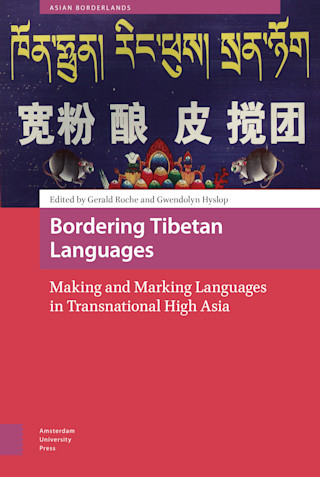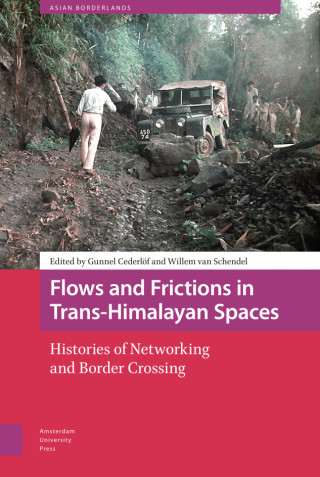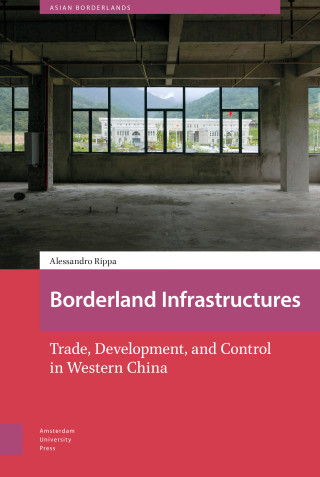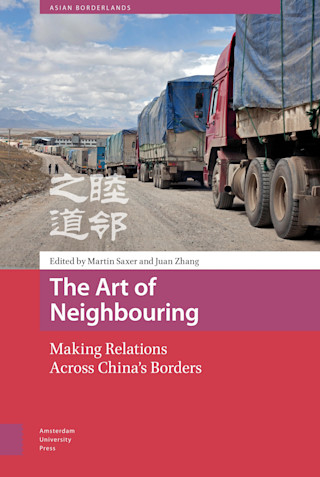
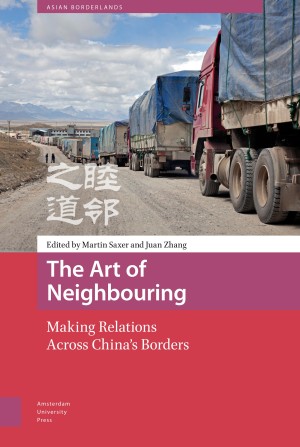
- Titel
- The Art of Neighbouring
- Subtitel
- Making Relations Across China's Borders
- Redacteuren
- Martin Saxer
- J. Zhang
- ISBN
- 9789048532629
- Uitvoering
- eBook PDF
- Aantal pagina's
- 280
- Taal
- Engels
- Publicatiedatum
- 17 - 11 - 2016
- Afmetingen
- 15.6 x 23.4 cm
- Open access
- Download op Open Access Platform
- Serie
- Asian Borderlands
- Categorie
- Anthropology
- Discipline
- Aziëstudies
- Voorbeeld
- Download introductie
- Ook beschikbaar als
- Hardback - € 134,00
Recensies en Artikelen
Listen to the podcast interview here.
China’s growing presence in all of our worlds today is felt most keenly by those living directly on the country’s borders. They, together with the Chinese people who also inhabit the borderlands, are parties to a dazzling array of of China-driven transformations unfolding on a vast scale in economics, politics, culture, kinship and other spheres.
Consequently, Juan Zhang and Martin Saxer’s edited volume The Art of Neighbouring: Making Relations Across China’s Borders (Amsterdam University Press, 2017) is a timely contribution to our understanding of what is going on at many points of China’s local contact with its 14 neighbouring states. The collected volume sees anthropologists, geographers and historians draw on extensive fieldwork all around the country’s borders with Russia, Laos, Nepal, Kazakhstan and Kyrgyzstan, Mongolia, Myanmar and Vietnam, seeking in part to answer the question “what does China’s rise mean for its immediate neighbours?” (p. 12). But The Art of Neighbouring is much more than this, for it also offers a theoretical intervention into old debates over China’s past and present approaches to the outside world, and encourages us to look anew at how states and peoples living next-door engage one another more broadly.

